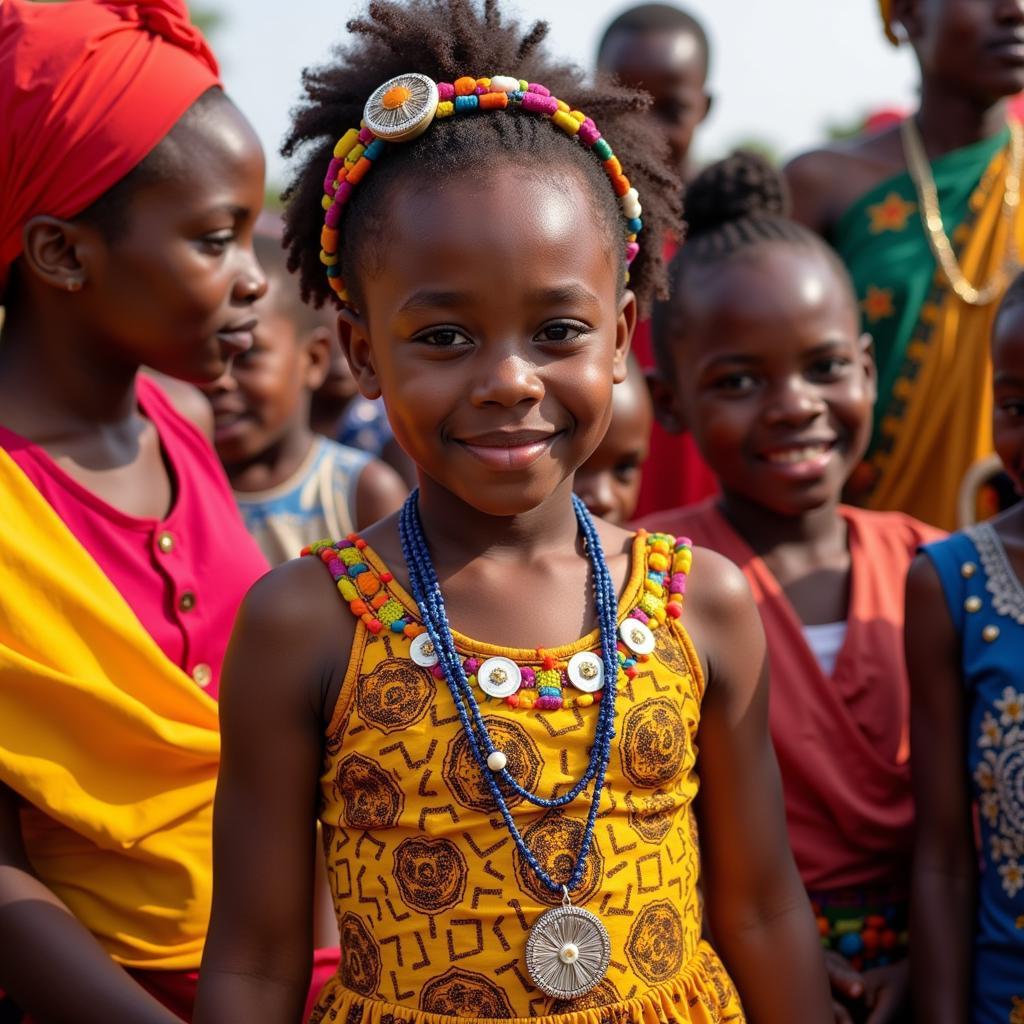A to Z Animals: Unveiling the African Wild Dog
The African wild dog, scientifically known as Lycaon pictus, is a fascinating and endangered carnivore native to the African savanna. From their unique coat patterns to their highly cooperative social structure, these animals offer a captivating glimpse into the wild heart of Africa. This article explores the world of African wild dogs, covering their characteristics, habitat, social behavior, hunting techniques, and the conservation challenges they face.
Physical Characteristics and Adaptations
African wild dogs are easily recognizable by their patchy coats of brown, black, and white fur, giving each individual a unique appearance. This distinctive camouflage helps them blend into the varied landscapes of their habitat. Their long legs, slender bodies, and large, rounded ears are perfectly adapted for life on the move, allowing them to cover vast distances in search of prey. They have four toes on each foot, unlike other canids which have five, further enhancing their running efficiency. They possess powerful jaws and specialized teeth designed for tearing flesh, making them formidable hunters. After the initial chase and takedown, African wild dogs quickly devour their prey, minimizing the risk of scavengers stealing their hard-earned meal. They also have a highly developed sense of smell which plays a vital role in locating prey.
Following this section, an image depicting the physical attributes of an African wild dog would be beneficial in visualizing the described features.
Social Structure and Behavior
African wild dogs are highly social animals, living in packs that can range from a few individuals to over thirty. Their social structure is based on a dominant breeding pair, with the remaining members contributing to the care of the pups. This cooperative behavior extends to hunting, where they work together to bring down large prey. Unlike some other social carnivores, African wild dogs are known for their low levels of aggression within the pack. Decision-making is often democratic, with the pack engaging in “sneezing” rituals to vote on activities like hunting. They also exhibit strong bonds and engage in playful interactions, showcasing their complex social dynamics. These social characteristics contribute to their hunting success and survival in the challenging African environment.
Hunting and Diet
African wild dogs are skilled hunters, employing a chase-and-exhaust strategy to bring down their prey. Their primary prey consists of antelopes, gazelles, and other ungulates. They can reach speeds of up to 60 kilometers per hour during pursuits, making them highly effective predators. Their cooperative hunting style allows them to take down prey much larger than themselves. Check out information on african antelope breeds. They also communicate effectively during hunts through a series of vocalizations and body language signals.
What do African wild dogs eat? Primarily antelopes, gazelles, and other ungulates.
Habitat and Distribution
Historically, African wild dogs roamed across much of sub-Saharan Africa. However, their range has drastically reduced due to habitat loss, human conflict, and disease. Today, they are found in fragmented populations in countries such as Botswana, Tanzania, and Zimbabwe. They prefer open grasslands, savannas, and woodlands, habitats that offer suitable hunting grounds and denning sites. For those interested in exploring African grasslands further, here’s an interesting read about what african grassland are called.
Conservation Status and Challenges
African wild dogs are classified as endangered by the IUCN. The primary threats they face include habitat fragmentation, human-wildlife conflict, and diseases like canine distemper and rabies. Conservation efforts focus on protecting remaining populations, mitigating human-wildlife conflict, and implementing vaccination programs. Learn more about different african hunting dog breeds. Public awareness and community involvement are crucial to the long-term survival of this unique species.
Conclusion
The African wild dog, from A to Z, represents a remarkable example of adaptation and social cooperation in the animal kingdom. From their distinctive appearance to their unique hunting strategies, these animals offer valuable insights into the biodiversity of Africa. By understanding the challenges they face and supporting conservation efforts, we can ensure that these fascinating creatures continue to thrive in the wild for generations to come. For a closer look at other African fauna, check out this article on the african bulldog ant.
FAQ
- What is the lifespan of an African wild dog? Around 10-12 years in the wild.
- Are African wild dogs dangerous to humans? Rarely, they generally avoid humans.
- What is the social structure of African wild dog packs? Led by a dominant breeding pair.
- What are the main threats to African wild dogs? Habitat loss, human conflict, and disease.
- How can I help in African wild dog conservation? Support conservation organizations and spread awareness.
- What is the scientific name of the African Wild Dog? Lycaon pictus.
- What are some unique features of African Wild Dogs? Their patchy coat, four toes, and highly cooperative social structure.
Common scenarios and questions
- Scenario: Witnessing African Wild Dogs in the wild. Question: What should I do if I encounter African Wild Dogs while on safari? Maintain a safe distance and avoid disturbing them.
- Scenario: Learning about African wildlife. Question: Where can I find more information about African Wild Dogs and their conservation? Reputable conservation organizations and research institutions.
Further Exploration
- Learn more about other fascinating African animals.
- Discover the diverse ecosystems of the African continent.
- Explore the cultural significance of animals in African societies. Check out the various african domestic cat breeds if you’re interested.
For support, contact us at Phone: +255768904061, Email: [email protected] or visit us at Mbarali DC Mawindi, Kangaga, Tanzania. We have a 24/7 customer support team.
